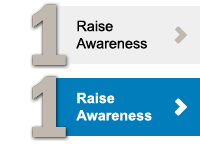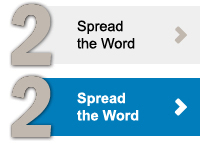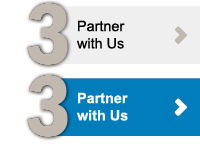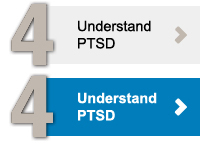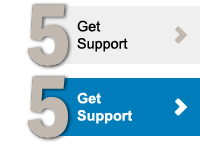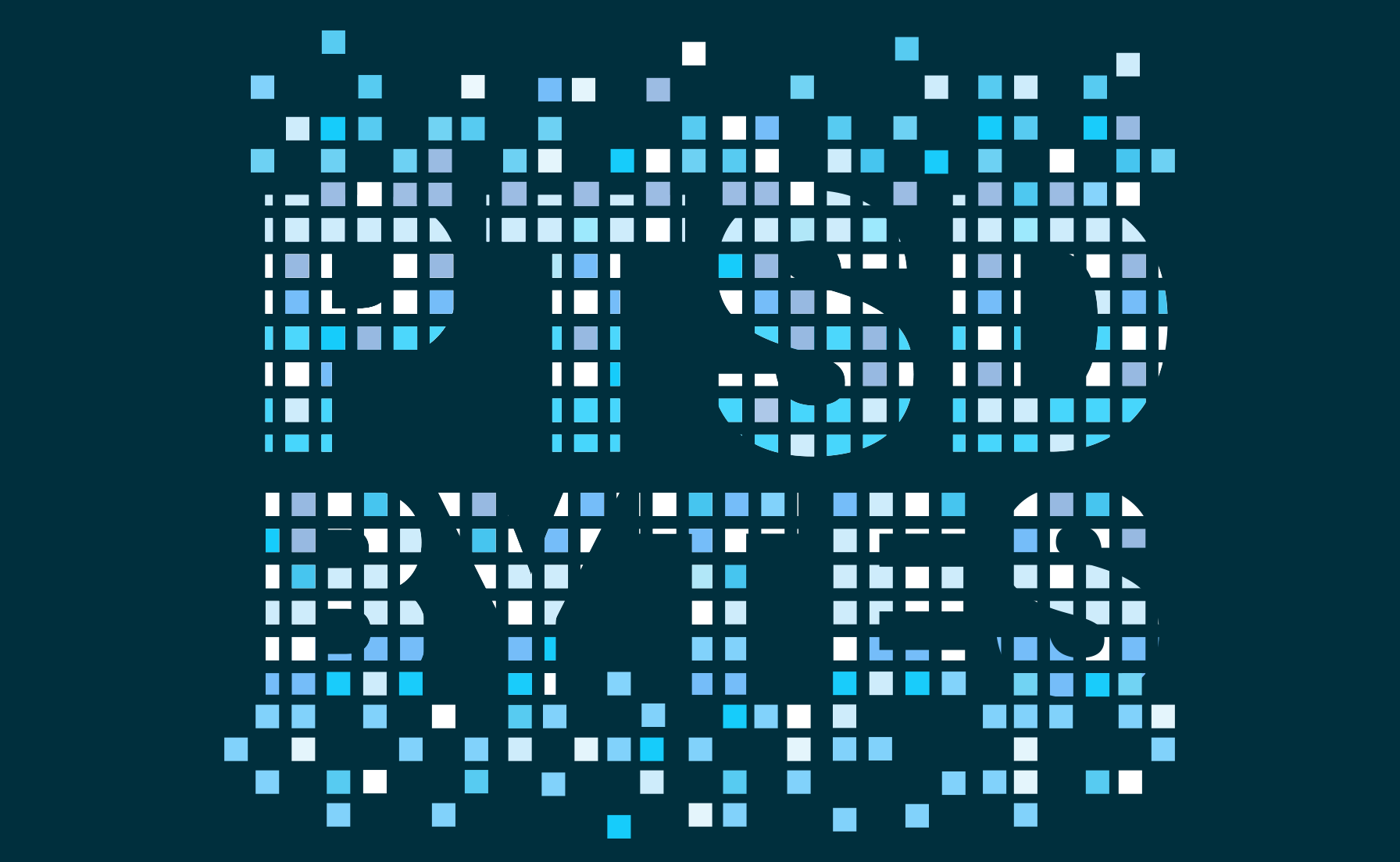- PTSD
- PTSD Home
- Understand PTSD
- Understand PTSD Treatment
- Get Help
- For Families and Friends
- For Providers
- Disaster Events
- Apps, Videos and More
- PTSDpubs
- PTSD Repository
- Our Publications
- En Español
- About Us
- More Health Care
- Veterans Health Administration
- Health Benefits
- Conditions & Treatments
- Wellness Programs
- Locations
- Research
- Special Groups
- Careers, Job Help & Training
- About VHA
Get Support
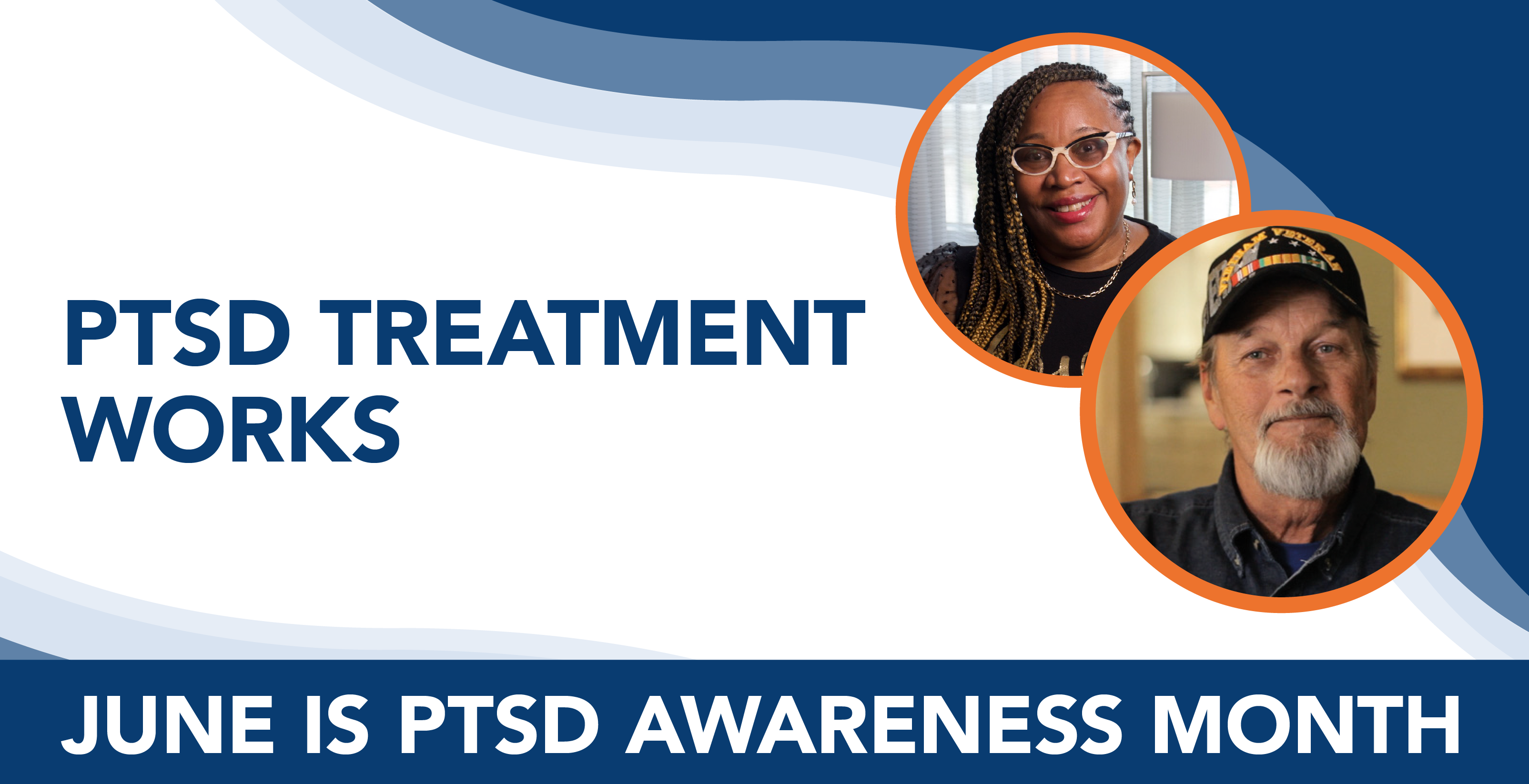
June 1
Take the pledge to raise PTSD awareness
June 2
Use our image as your Social Media profile pic
June 3
Share resources like the Veterans Crisis Line
June 4
Download PTSD Coach or PTSD Family Coach apps
June 5
Listen and subscribe to PTSD Bytes Podcast
June 6
Like our Facebook page
June 7
Get key information on trauma, PTSD and treatment
June 8
Step Up and register for our Virtual Walk
June 9
Share video about PTSD symptoms on social media
June 10
Learn about and compare PTSD treatment options
June 11
Take an online course or program
June 12
Share stories of Veterans who have been there
June 13
Learn about Medications for PTSD
June 14
PTSD explained in 4 minutes: watch What is PTSD?
June 15
Share our Facebook posts
June 16
Learn about common reactions after trauma
June 17
Find a PTSD therapist
June 18
Practice mindfulness
June 19
Juneteenth - Learn ways to cope with racial trauma
June 20
Follow us on Twitter
June 21
June 22
Subscribe to our YouTube channel
June 23
Share this photo on Instagram
June 24
Hear what PTSD is like for family members
June 25
Learn how to talk to your Veteran about mental health care
June 26
Learn about evidence-based treatment
June 27
PTSD Screening Day - Take the PTSD Self-Screen
June 28
Learn about how sleep affects PTSD
June 29
Subscribe to our PTSD Update
June 30
Explore our website to learn even more about PTSD
Get Support
Get Support
The National Center for PTSD does not provide direct clinical care or individual referrals. We provide information to help you find local mental health services and information on trauma and PTSD. Effective treatments for PTSD are available.
Get Help in a Crisis
Numbers for emergency resources such as the Suicide and Crisis Lifeline (988) and Veterans Crisis Line (988, press 1).
Find a Provider
Suggestions for finding a therapist, counselor, or
mental health care provider who can help your
recovery.
Help for Veterans
Resources to help you find VA PTSD treatment programs and Vet Centers.
Help for Family and Friends
Resources to help you take care of yourself while
supporting someone with PTSD.
You can also find Self-Help and Coping tools to help you manage stress reactions, regardless of whether or not you have PTSD.
You May Also Be Interested In

PTSD Information Voice Mail: (802) 296-6300
Email: ncptsd@va.gov
Also see: VA Mental Health













